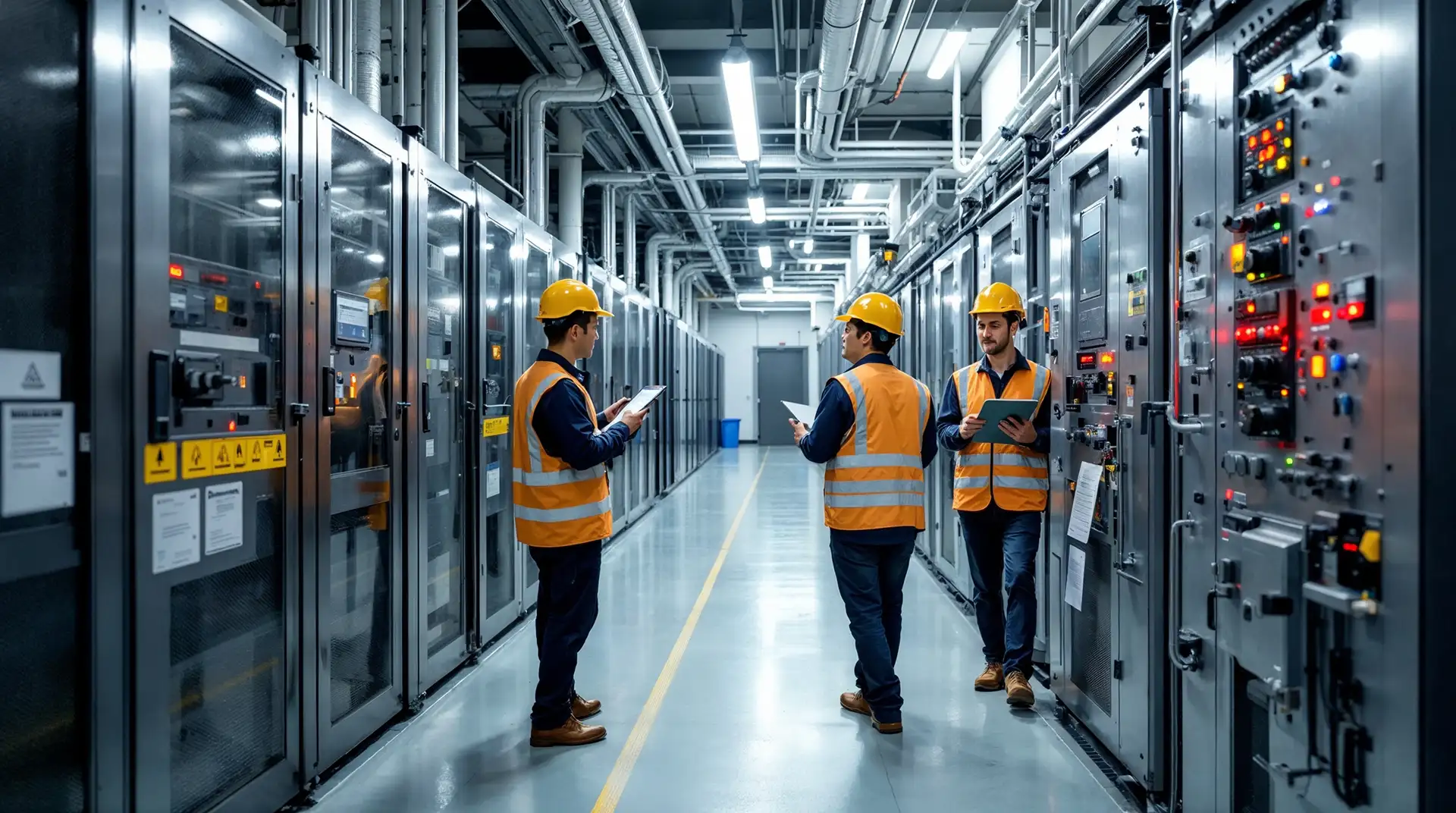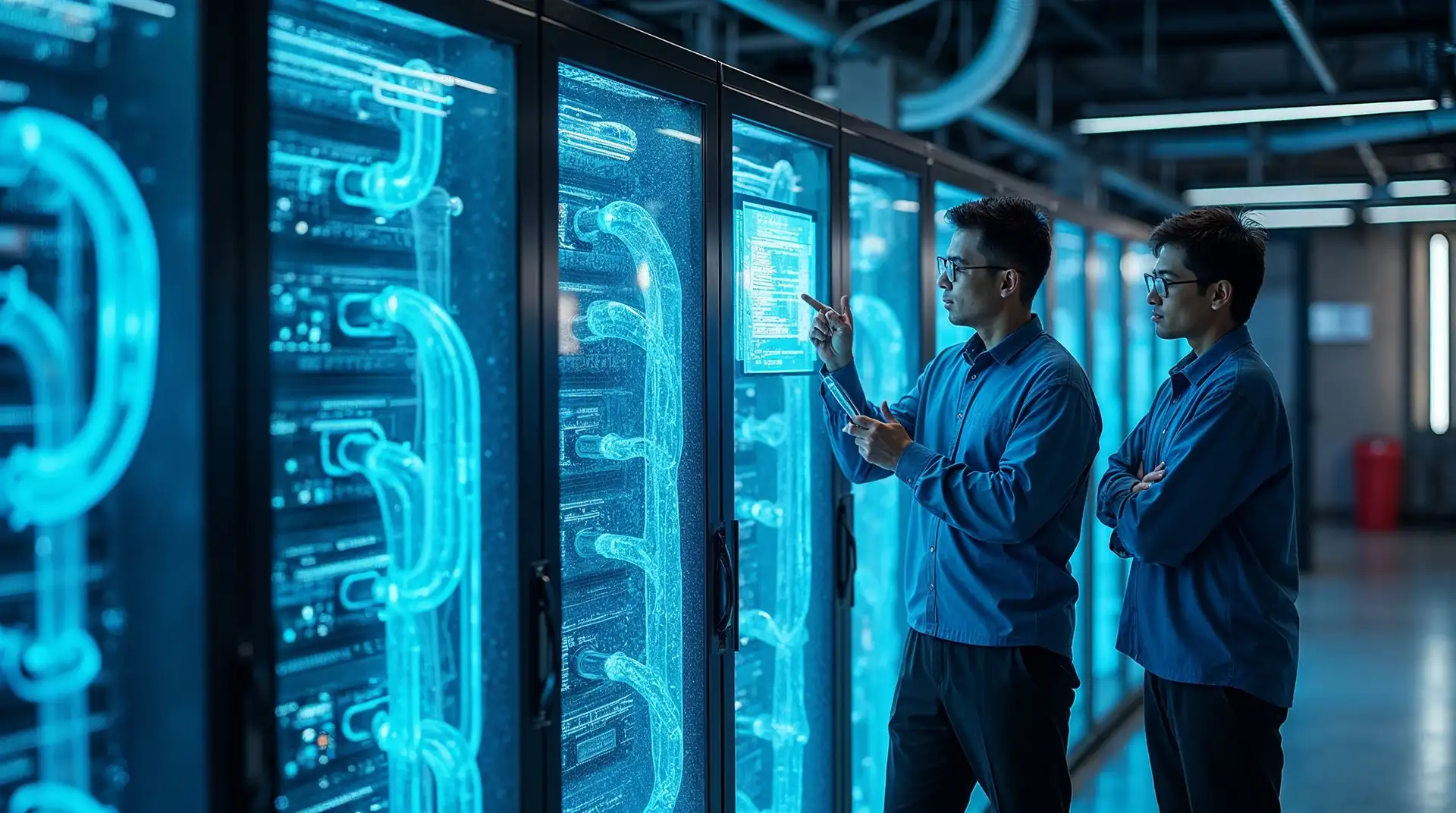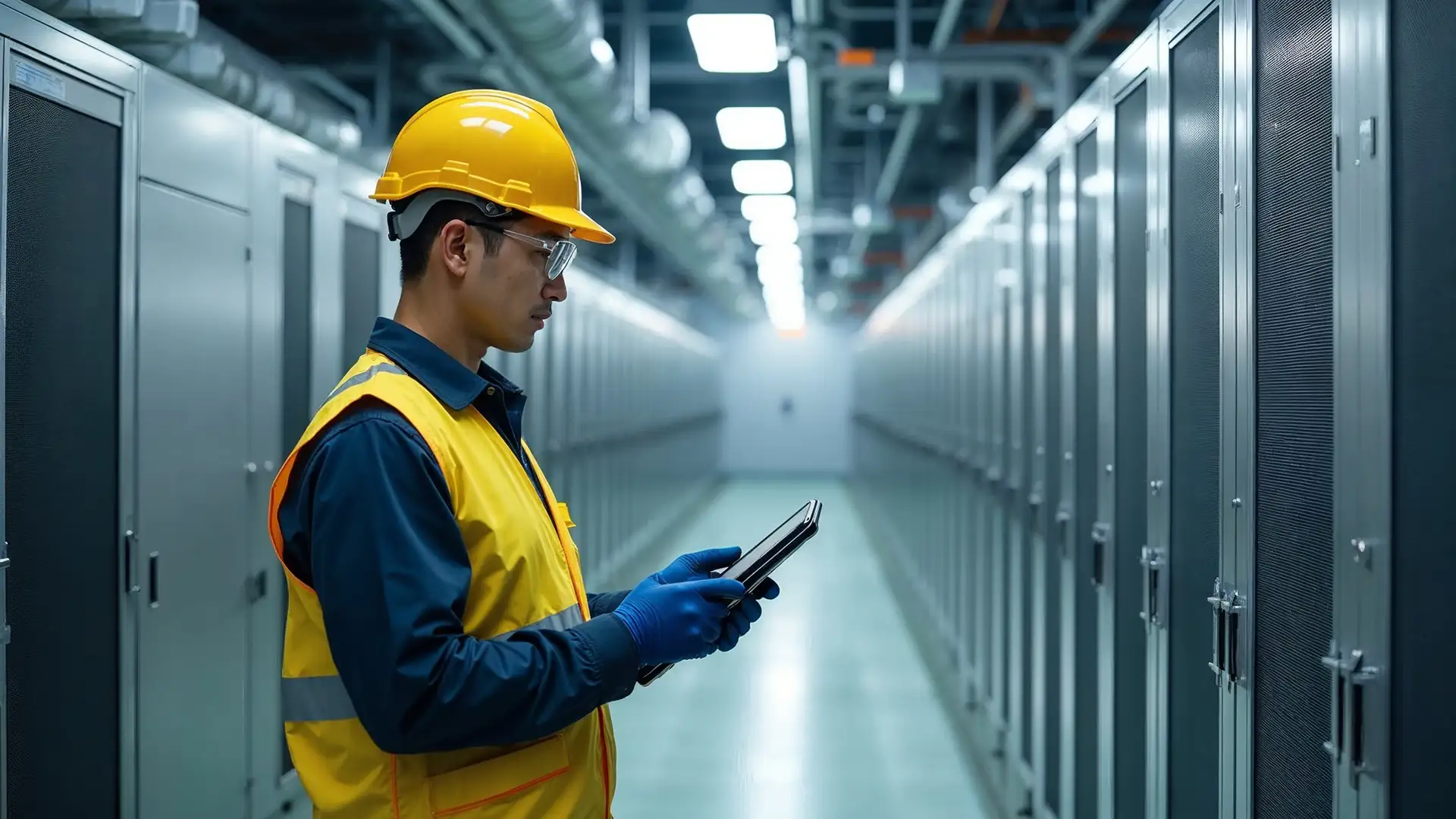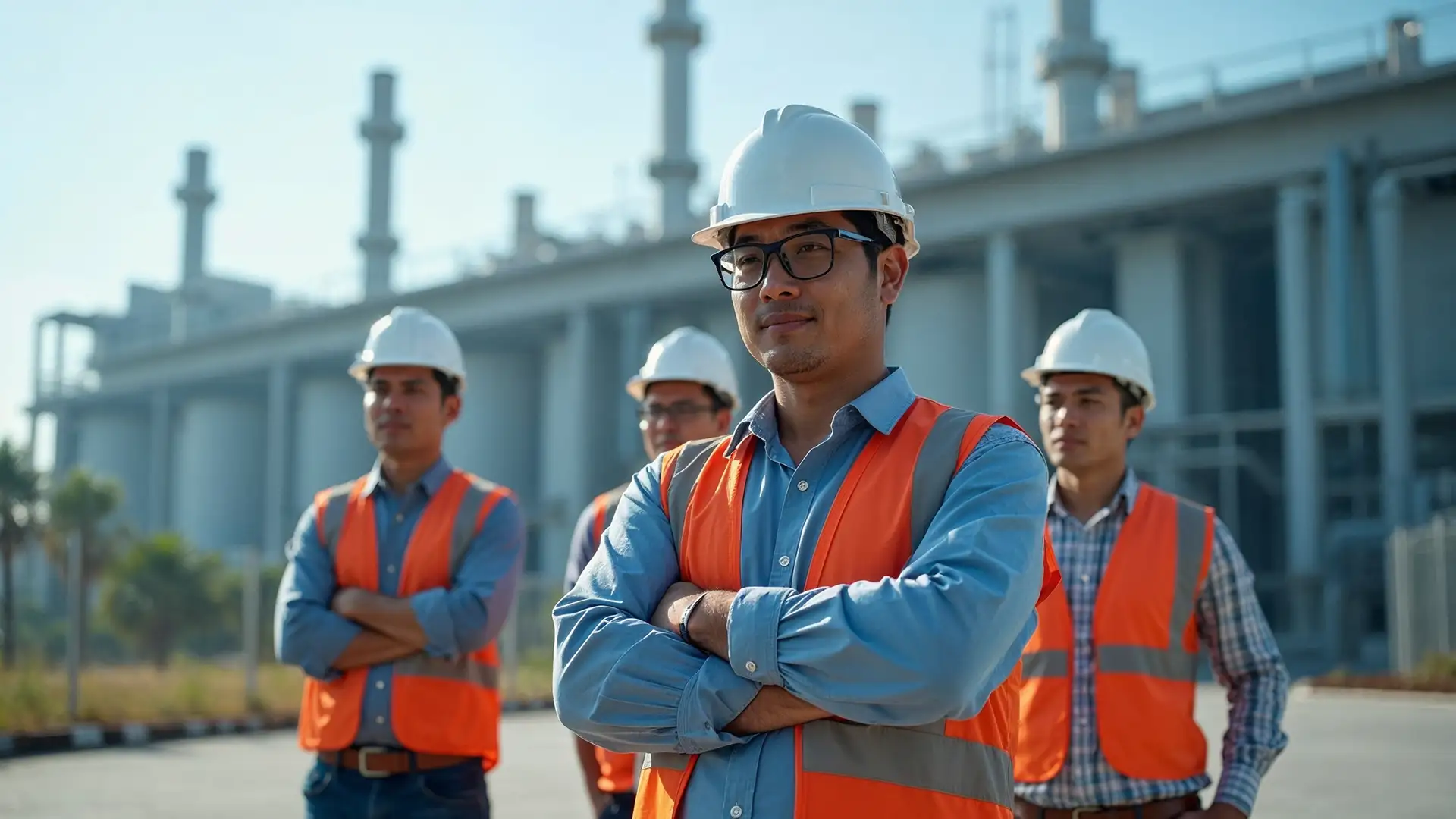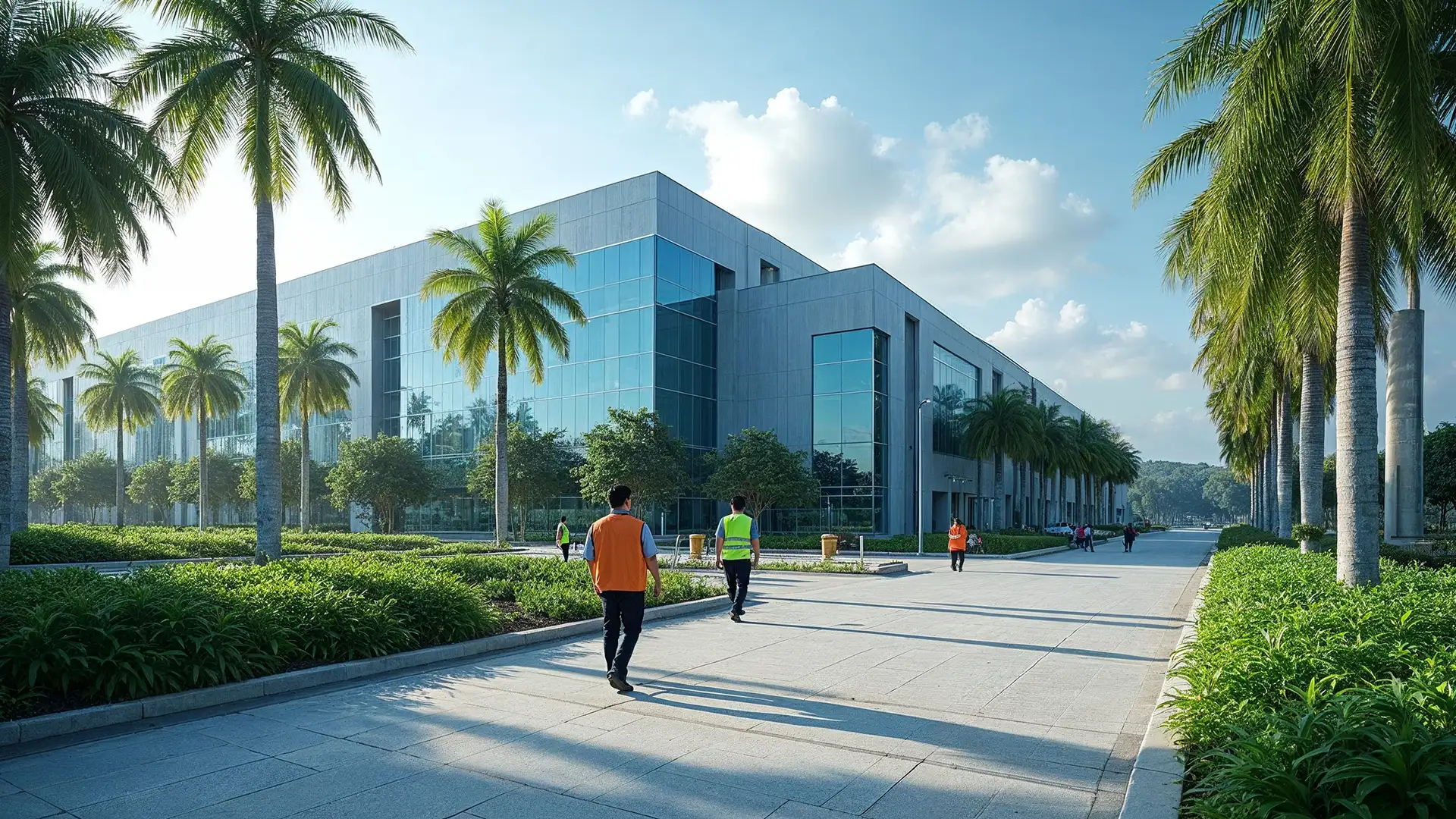
Rising density, stricter sustainability expectations and rapid market expansion are reshaping what “ready” truly means for Malaysian facilities.
Malaysia’s data centre landscape is entering a new phase of scale and complexity. Capacity continues to grow, regulations are evolving and the expectations placed on operators have become more demanding.
According to an insight shared by JLL and reported by The Star, Malaysia’s data denter capacity could surpass 4,000 MW beyond 2026, lifting the country into one of the fastest-growing markets in Asia Pacific. With this level of expansion, the standards for what qualifies as a “ready” facility have changed. Operators can no longer rely on design assumptions that were sufficient only a few years ago.
At the same time, the Financial Times reported that the Malaysian government is preparing premium charges for energy and water access for data centers. This signals a clear step toward stronger regulatory oversight for resource-intensive facilities. Energy efficiency, thermal performance and operational transparency are now practical requirements rather than optional design features.
The long-term outlook reinforces this direction. A report released by the DCCI Malaysia Summit projects the local data center ecosystem to grow from USD4.04 billion in 2024 to USD13.57 billion by 2030. Sustained investment at this scale means facilities must be built with future density, environmental performance and lifecycle serviceability in mind.
These shifts raise an important question. What does a modern data center need in order to be considered truly ready in 2026?
1. Scalable power and cooling from day one
Higher rack densities and AI-driven compute loads require a stable and adaptable power and cooling foundation. Readiness means planning for growth, not building for the current load. Power architecture, redundancy, heat management strategies and commissioning procedures must support multi-stage expansion.
2. Energy efficiency as a measurable responsibility
With rising operating costs and increased attention on environmental performance, energy efficiency now plays a central role in operational planning. Facilities must demonstrate measurable gains across cooling efficiency, power usage and thermal containment. This reduces cost, supports compliance and delivers long-term sustainability benefits.
3. Integrated protection for high-density environments
As density increases, the risk profile changes. Modern data centers must incorporate early detection, advanced suppression and coordinated alarm and control systems. Integrated protection ensures that safety infrastructure keeps pace with the mechanical and electrical systems that support continuous operation.
4. Visibility that improves reliability
A ready data denter is one that can be monitored, analysed and maintained without disruption. Visibility across electrical systems, cooling performance and environmental conditions enables operators to make informed decisions, respond faster and maintain uptime across longer periods.
5. A lifecycle approach to maintenance and readiness
True readiness extends beyond commissioning. Facilities must establish a predictable lifecycle plan for power systems, cooling equipment, monitoring tools and safety infrastructure. This protects reliability as the facility matures and ensures that performance standards remain stable throughout its lifecycle.
As Malaysia’s data center ecosystem grows in scale and sophistication, readiness must be defined by long-term stability, measurable efficiency and integrated protection. The facilities that plan beyond initial deployment are the ones that will remain resilient, efficient and competitive in the years ahead.
If you are planning a new build or future upgrade, talk to us about creating a data center that is ready for the demands of 2026 and beyond.
https://greenbayces.com/contact/

